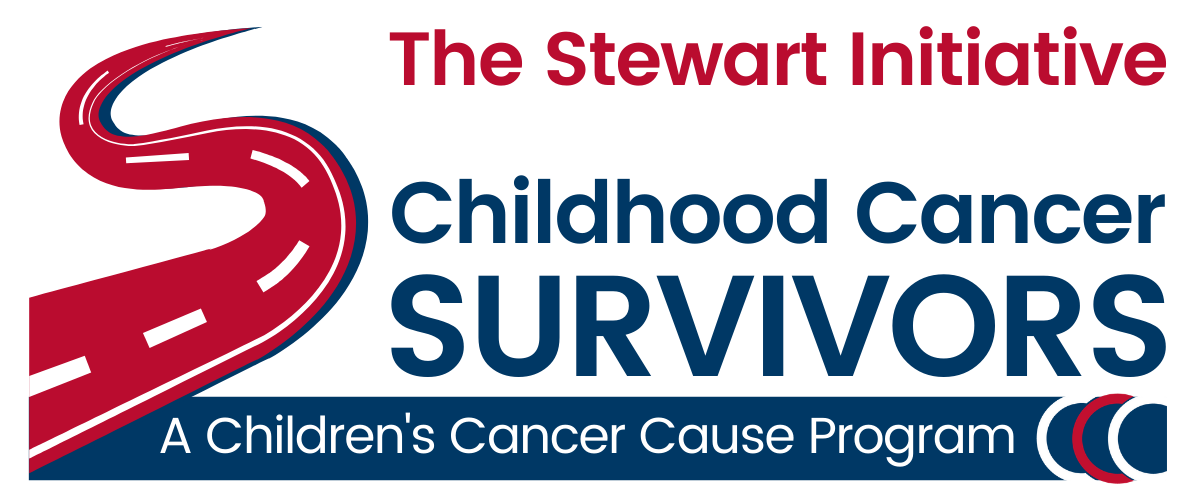Know your rights.
Some cancer survivors are concerned that their medical history may hurt their educational or employment opportunities. There are laws intended to prevent discrimination based on a student's or worker's health problems.
Although cancer does not carry the same stigma as it once did, survivors today may still have to deal with discrimination against them at work. Federal laws and most state laws prohibit employers from treating cancer survivors differently from other workers. In order for the law to apply to you, you must be qualified for the job and be able to perform its essential duties.
If you think you are being discriminated against, be sure to document such instances. Seek guidance from outside experts like a social worker from your long-term follow-up clinic who may be familiar with these situations. Talk to someone you trust in your human resources department and try to come up with some type of resolution with your employer.
Legal action is always the last solution — but it’s important to know which federal laws grant you protection.
Federal Laws:
Americans with Disabilities Act of 1990 (ADA) / Equal Employment Opportunity Commission
ADA is a federal law designed to prevent discrimination against people with disabilities in the work place, in businesses and in places open to the public. If your cancer diagnosis and/or treatment leaves you with a physical or cognitive disability, ADA might protect you.
ADA is currently the most comprehensive federal law that can protect cancer survivors from some types of job discrimination. However, ADA only applies to employers with 15 or more employees (with some exceptions like government employees and labor unions). ADA defines a disability as a major health impairment that limits a person's ability to do everyday activities. Cancer survivors may be protected as having a disability, regardless of whether they are in treatment, in remission, or cured.
Learn more about disability disclosure from the Job Accommodation Network.
Individuals with Disabilities Education Act (IDEA)
The IDEA is a law that makes available a free appropriate public education to eligible children with disabilities throughout the nation and ensures special education and related services to those children.
The IDEA governs how states and public agencies provide early intervention, special education, and related services to more than 6.5 million eligible infants, toddlers, children, and youth with disabilities.
Section 504 of the Rehabilitation Act
Section 504 of the Rehabilitation Act of 1973 prohibits discrimination based on disability in programs or activities receiving federal financial assistance, including schools and colleges. These programs must also provide students with disabilities access to appropriate educational services similar to those mentioned in the ADA section above.
To be protected under Section 504, a student must: 1) have a physical or mental impairment that substantially limits one or more major life activities; 2) have a record of such an impairment; or 3) be regarded as having such an impairment. For more information on Section 504, visit www. ed.gov.
If you think you’re eligible, contact your school’s 504 coordinator before classes start.
Family Medical Leave Act (FMLA)
FMLA allows people to take up to 12 months of unpaid leave if they need to attend to their own medical needs or the needs of immediate family members. But you must work for an employer who has more than 50 employees. You also must meet other requirements, such as working a minimum number of hours a week for at least one year.
When your leave is over, employers are required to restore you to the same position and to provide benefits, including health insurance, during your leave. Under FMLA, employers are also required to make "reasonable efforts" to accommodate your medical care schedule as long as it does not cause major disruption to the organization. The law requires employees to give their employer at least 30 days notice of "foreseeable" medical leave or as much notice as is practicable.
More about ADA Protections:
For Students: ADA mandates that people with disabilities can't be excluded from taking part in public services or programs, including universities and technical schools. You cannot be denied admission because you have a disability. It also requires that "reasonable accommodations" be made for people with disabilities such as a university providing a sign-language interpreter for a cancer survivor who has hearing loss because of their treatment. Other examples include priority course registration, reducing a course load, substituting one course for another, providing note takers, and allowing extended time for testing. It is your responsibility to inform the school of your disability. Usually colleges and universities have what is called an ADA coordinator, who is responsible for making sure that the school is in compliance with the law. If you have any questions about ADA or other anti-discrimination laws, contact this person. Your academic counselor, dean or other administrator can direct you to the ADA coordinator.
For Workers: According to ADA, a qualified individual with a disability is protected if the individual can perform the essential functions of the job. ADA prohibits employers from asking questions about your medical history. Employers can only ask medical history questions once a job has been offered. It also requires employers to make "reasonable accommodations," such as flextime or allowing an employee to take time off for treatment.
- Rachel McCallum, brain tumor survivor and disability rights advocate

